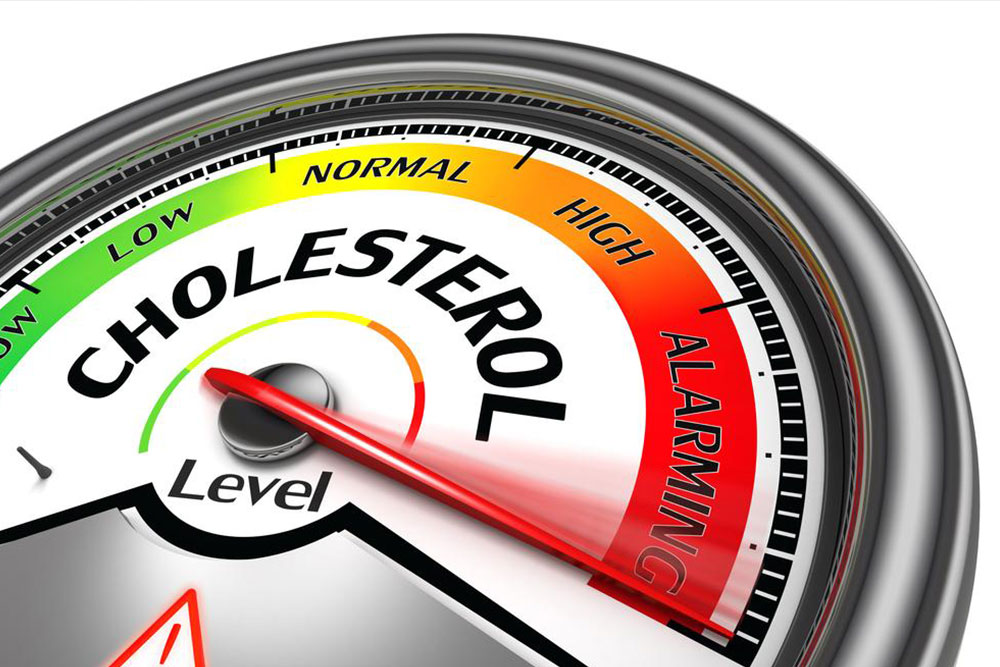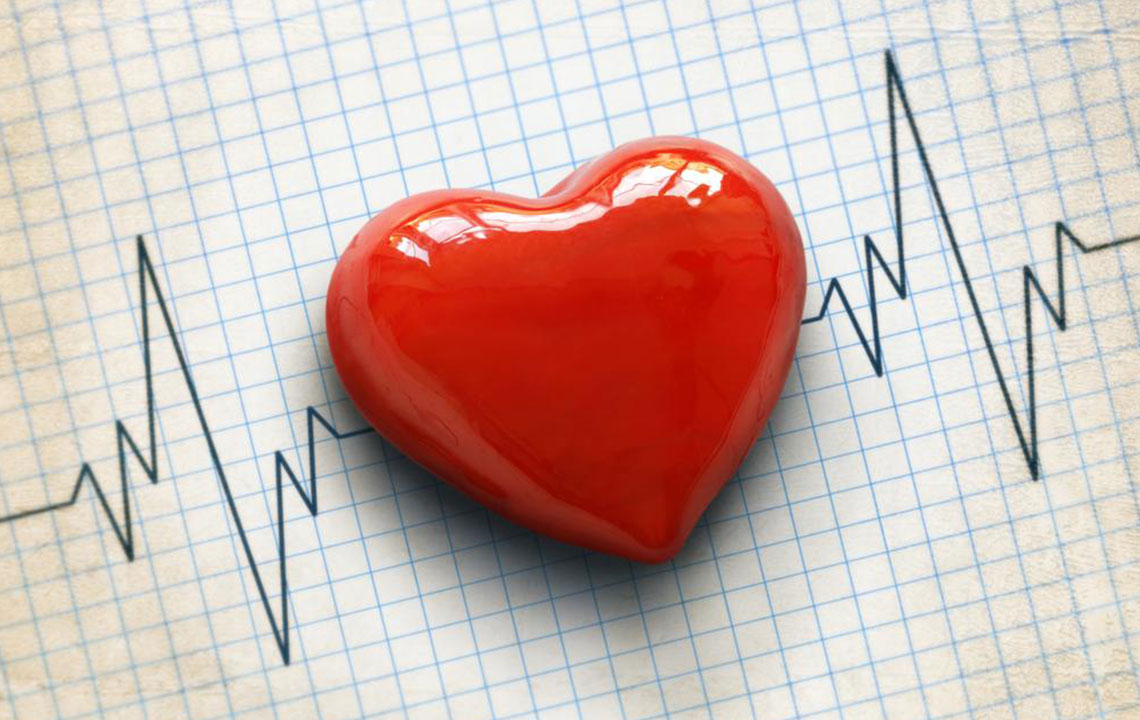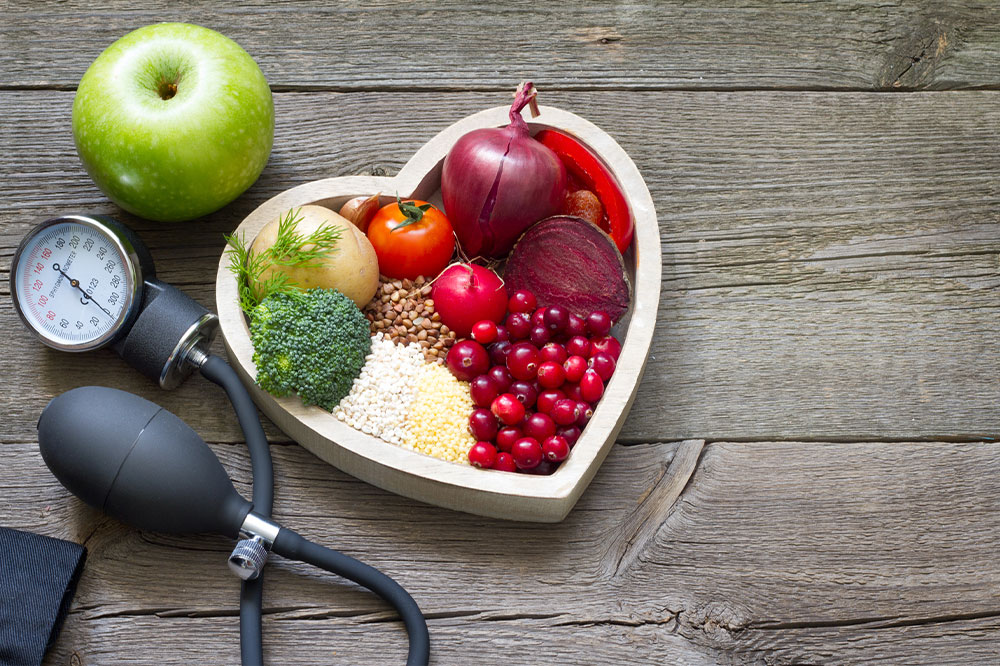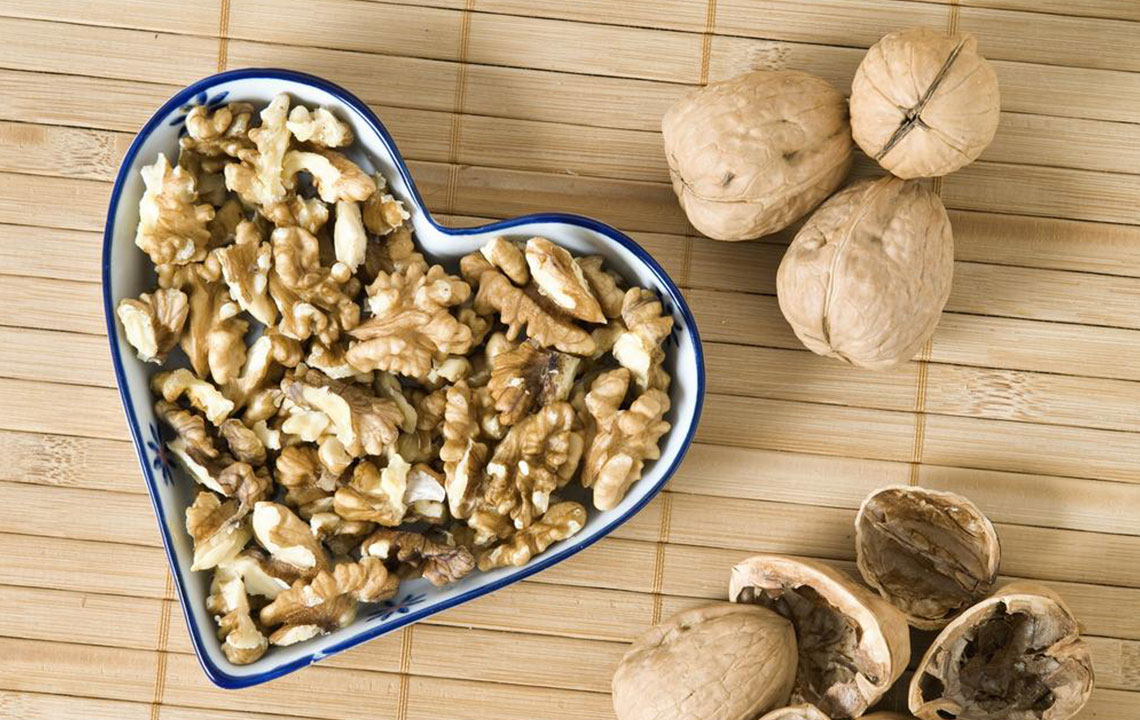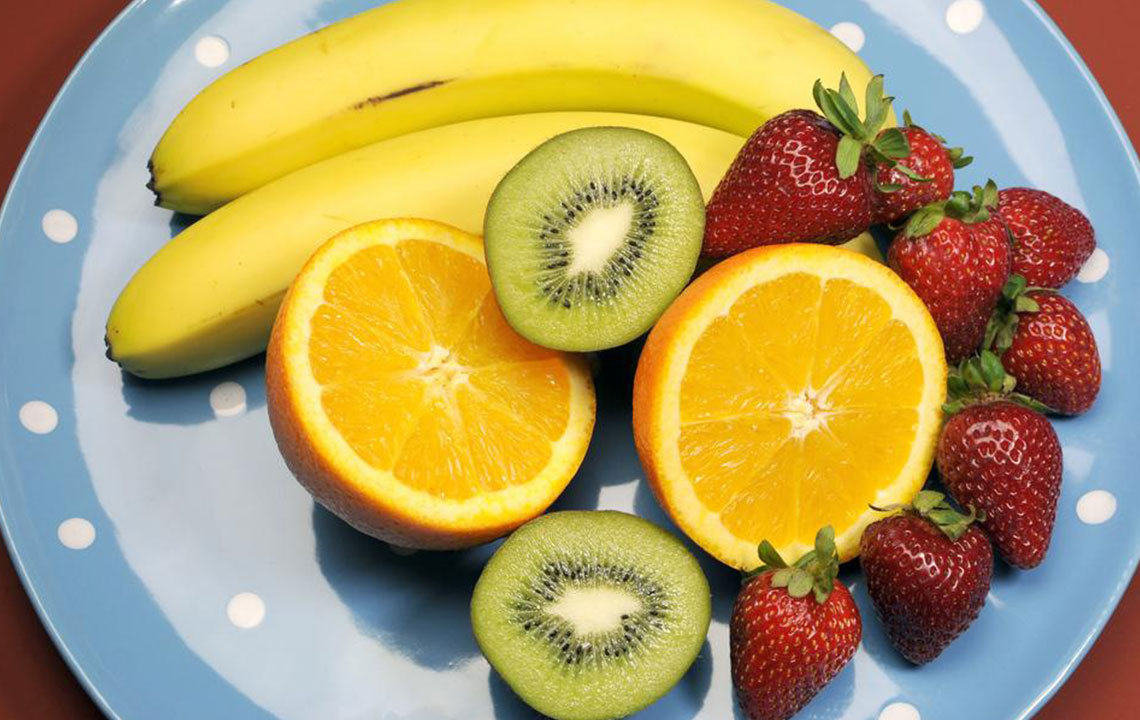Comprehensive Guide to Managing Cholesterol through Diet and Lifestyle Choices
This comprehensive article discusses how diet influences cholesterol levels and offers strategic advice on foods to include or avoid for heart health. It emphasizes the importance of understanding cholesterol types, limiting harmful foods like trans fats and excess salt, and incorporating beneficial options like high-fiber foods, herbs, fruits, and lean proteins. Lifestyle factors such as exercise and stress reduction are also highlighted as essential components of managing cholesterol effectively. Aimed at promoting cardiovascular health, this detailed guide provides actionable steps for maintaining a balanced, heart-friendly diet.
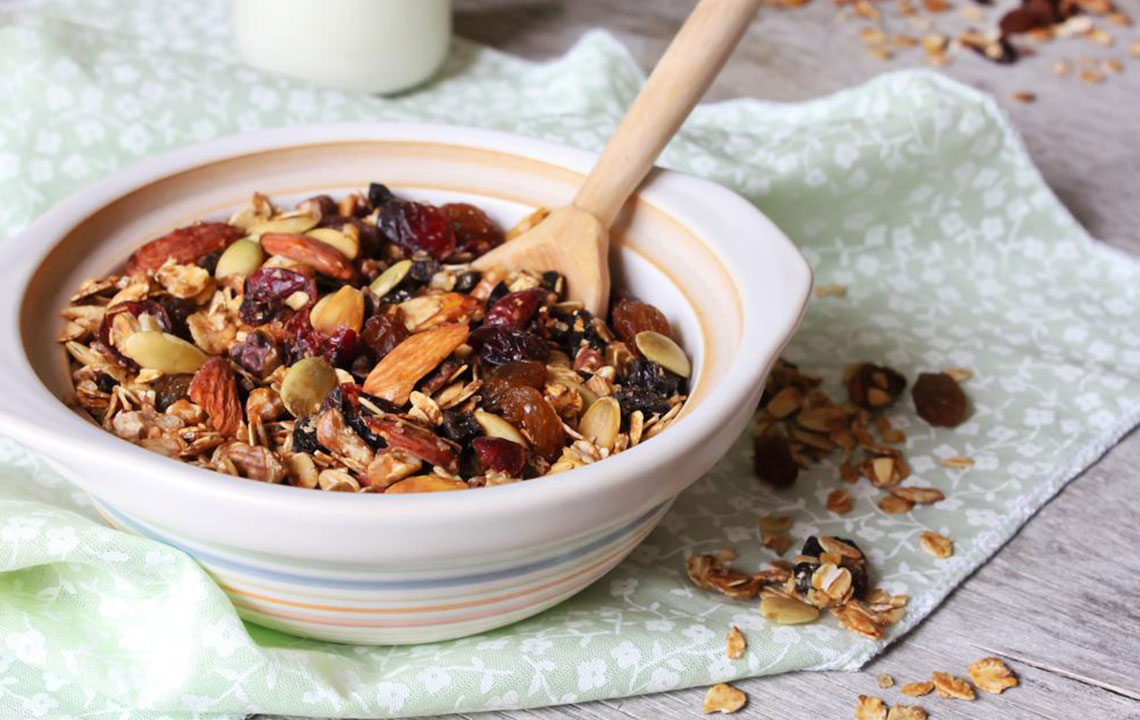
Effective Strategies for Lowering Cholesterol with Nutrition
Understanding the Different Types of Cholesterol Cholesterol exists primarily in two forms within the body: high-density lipoprotein (HDL) and low-density lipoprotein (LDL). HDL is often referred to as the "good" cholesterol because it aids in removing excess LDL cholesterol from the bloodstream, thereby reducing plaque buildup and promoting cardiovascular health. Conversely, elevated LDL levels contribute to the formation of arterial plaque, leading to narrowing and rigidity of blood vessels, which can culminate in heart attacks or strokes. Achieving a balanced level of these two types through proper diet, exercise, and lifestyle choices is critical for maintaining long-term heart health.
Diet plays a pivotal role in managing cholesterol. Consuming foods that encourage HDL production while limiting those that raise LDL levels helps maintain a healthy cardiovascular profile. Recognizing which foods to include and avoid can significantly impact your overall cholesterol management strategy.
Foods to Limit or Eliminate:
Saturated Fats Foods rich in saturated fats such as red meats—beef, pork, lamb—and poultry with skin elevate LDL cholesterol levels. Additionally, high-fat dairy products like butter, cheese, and cream are packed with saturated fats and should be consumed sparingly or replaced with healthier alternatives.
Trans Fats Artificial trans fats, commonly found in processed foods, baked goods, fast foods, and snacks like chips, cookies, cakes, and doughnuts, are particularly harmful. They significantly increase LDL cholesterol and lower HDL cholesterol, contributing to clogged arteries. Eliminating trans fats from the diet is a crucial step toward heart health.
Excess Salt High sodium intake can raise blood pressure, placing additional strain on the heart and blood vessels. Limiting processed, canned, and salty snack foods helps regulate blood pressure and supports cardiovascular well-being.
Refined Sugars Foods high in added sugars—such as candies, baked goods, sodas, ice cream, and sweetened beverages—can contribute to weight gain and insulin resistance, both of which negatively affect cholesterol levels. Opting for natural sweeteners like honey or consuming fresh fruits can satisfy sweet cravings healthily.
Junk Food and Fast Food Deep-fried foods, greasy burgers, pizza, and heavily processed snacks are major contributors to elevated LDL cholesterol. Reducing intake of these foods and choosing healthier preparations can dramatically improve lipid profiles.
Foods That Promote Heart Health and Support Cholesterol Balance: Incorporating foods that help raise HDL or lower LDL can greatly benefit cardiovascular health. Some of the most effective options are nutrient-rich and easy to include in daily meals.
High-Fiber Foods Dietary fiber, especially soluble fiber, plays a vital role in lowering bad cholesterol. Foods rich in fiber include nuts, seeds, legumes (beans, lentils), fruits with edible skins (apples, pears, berries), oats, barley, and whole grains. Incorporating plant-based oils like olive oil, sunflower oil, and canola oil provides healthy fats that support cholesterol balance.
Herbs and Spices Natural herbs such as garlic (preferably raw), turmeric, oregano, ginger, cilantro, mint, and cinnamon not only enhance flavor but also possess properties that can help reduce LDL cholesterol levels naturally. Using herbs liberally in cooking can decrease reliance on salt and processed seasonings.
Eggs Despite previous misconceptions, moderate consumption of eggs—about 1 to 3 per day—can provide essential nutrients and may boost HDL cholesterol levels, contributing to overall heart health.
Fruits and Vegetables A diverse intake of colorful produce such as avocados, grapes, oranges, strawberries, carrots, bell peppers, tomatoes, onions, soybeans, and citrus fruits supplies vital antioxidants, fiber, and phytochemicals that promote improved lipid profiles and vascular health.
Whole Grains Whole wheat bread, oats, quinoa, brown rice, and barley are rich in dietary fiber and nutrients supporting weight management and reducing cardiovascular risk factors.
Lean Proteins Choosing lean meats like pasture-raised beef, skinless poultry, and fish such as salmon, mackerel, and sardines provides omega-3 fatty acids essential for lowering triglycerides and improving HDL levels.
Low-Fat Dairy Products Dairy options made from low-fat or skim milk—such as yogurt, cheese, and milk—are suitable choices for maintaining cholesterol balance without sacrificing essential nutrients.
Beyond dietary adjustments, adopting a healthy lifestyle that includes regular physical activity, stress management, adequate sleep, and avoidance of smoking and excessive alcohol consumption forms the foundation for effective cholesterol management. Consulting with healthcare providers for personalized advice and routine screening can further optimize heart health outcomes.
